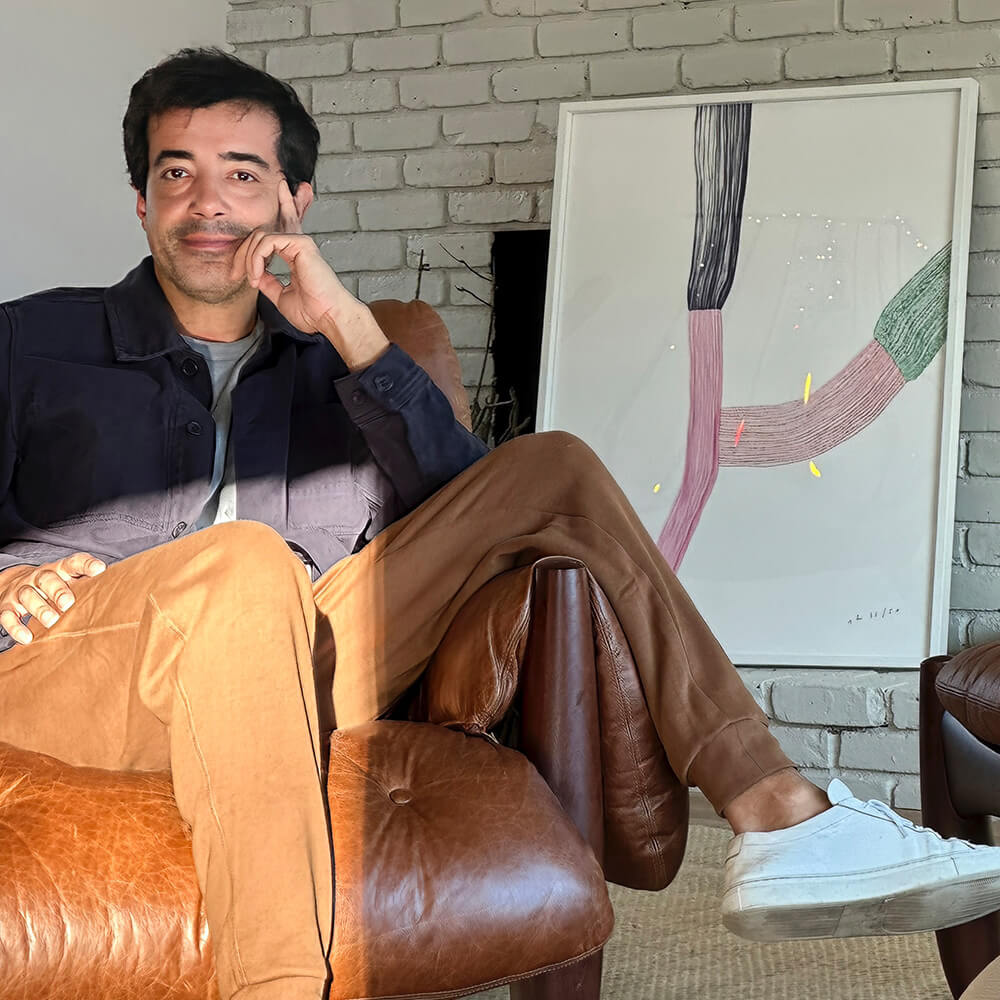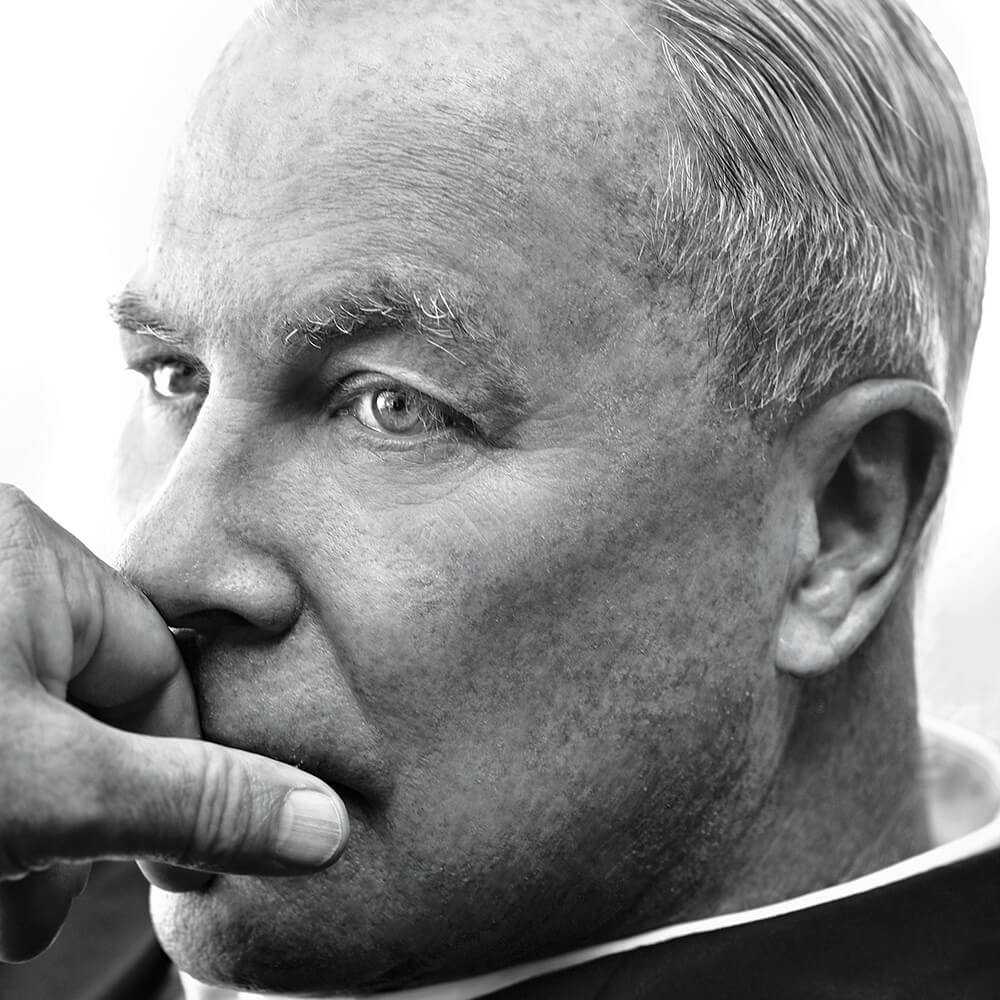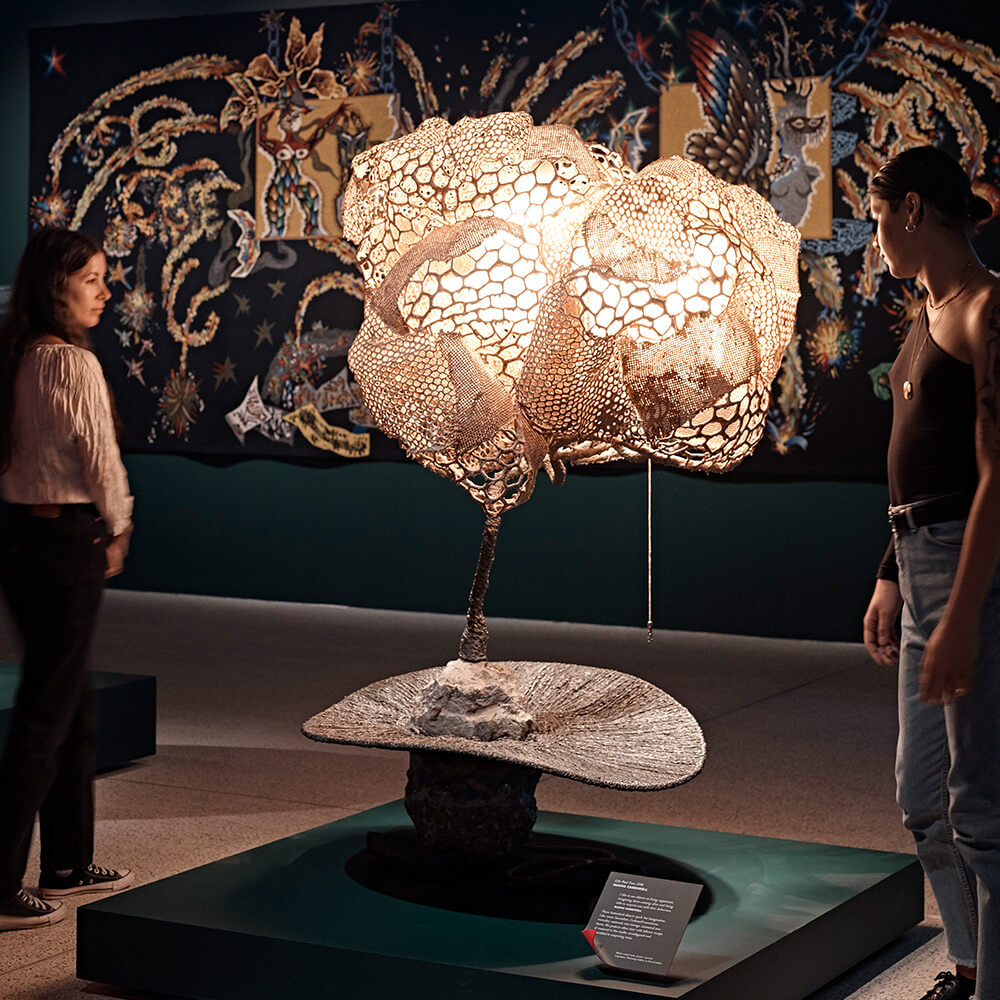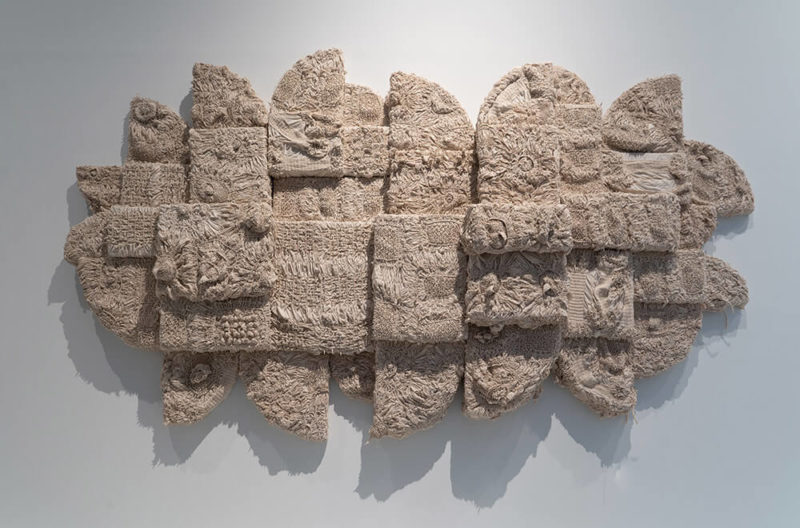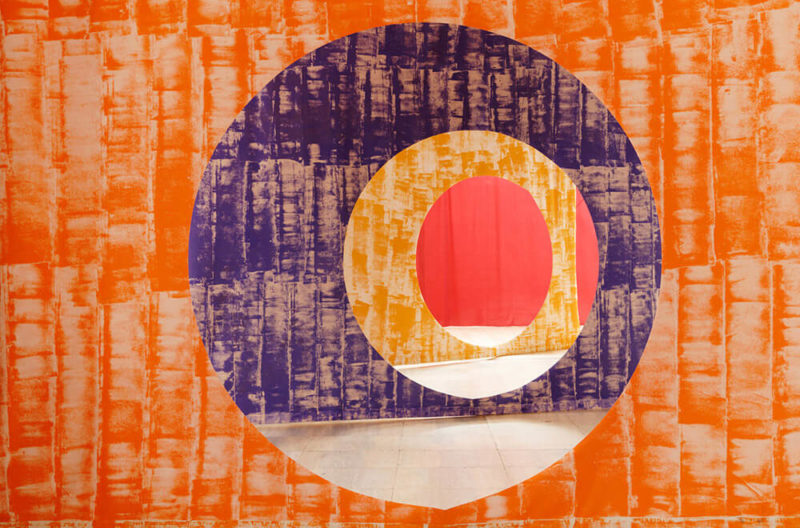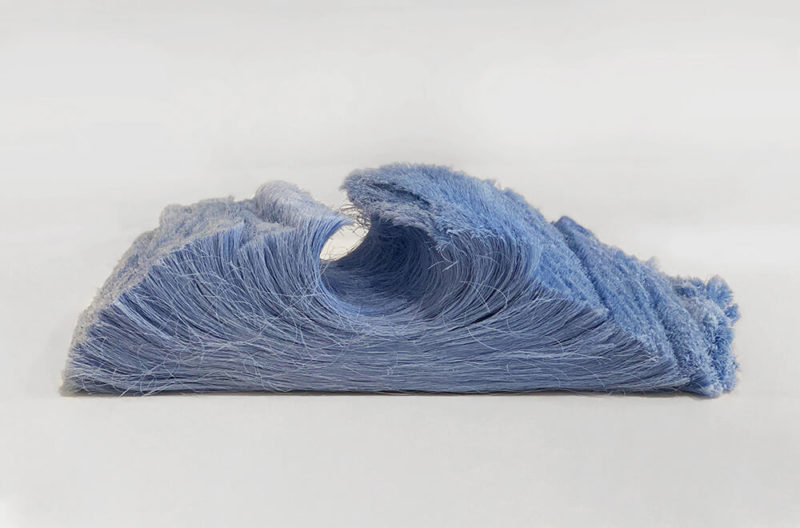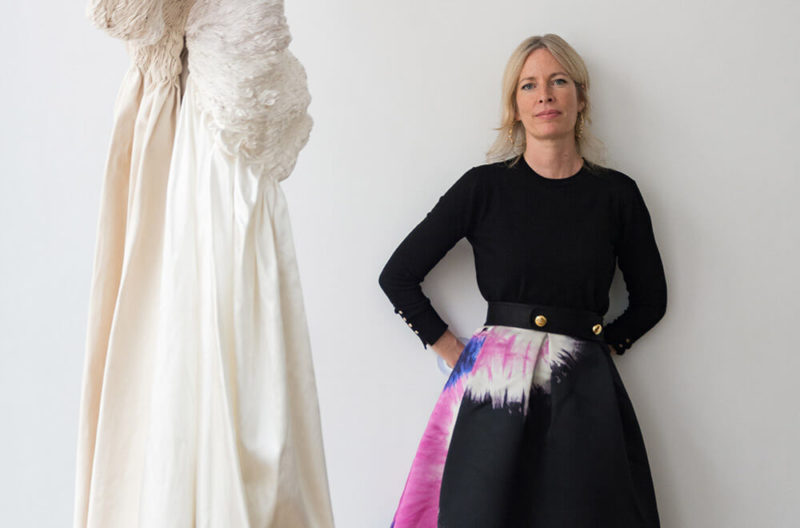Studio Diaries / Mary Little
Reflections from Los Angeles on the genesis of her latest exhibition.
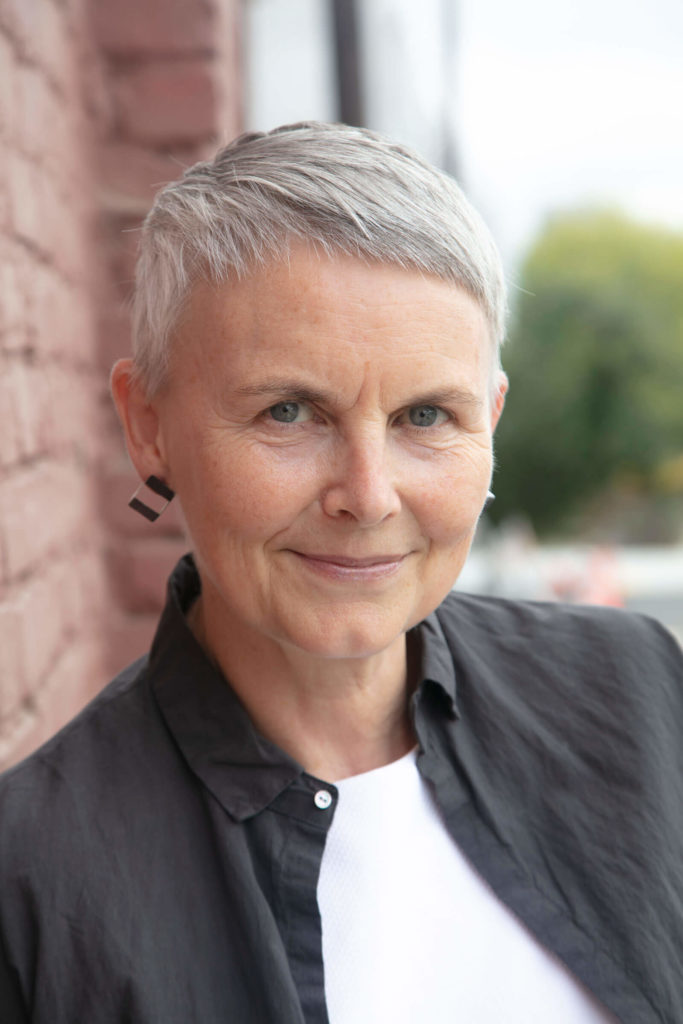
Mary Little
COURTESY: Mary Little / PHOTOGRAPH: Elena Dorfman
As the second in our new strand, Studio Diaries, we are very happy to introduce Mary Little, who is based in Los Angeles. Born in Northern Ireland, and trained as a furniture designer at London’s Royal College of Art, she moved to California in 2001 to teach at California College of the Arts (CCA), San Francisco. Her medium is cut and stitched canvas. Although rooted in function, Little has always approached her work as sculpture. Here she reflects on how lockdown has fed her imagination and inspired her latest project, UNEARTH.
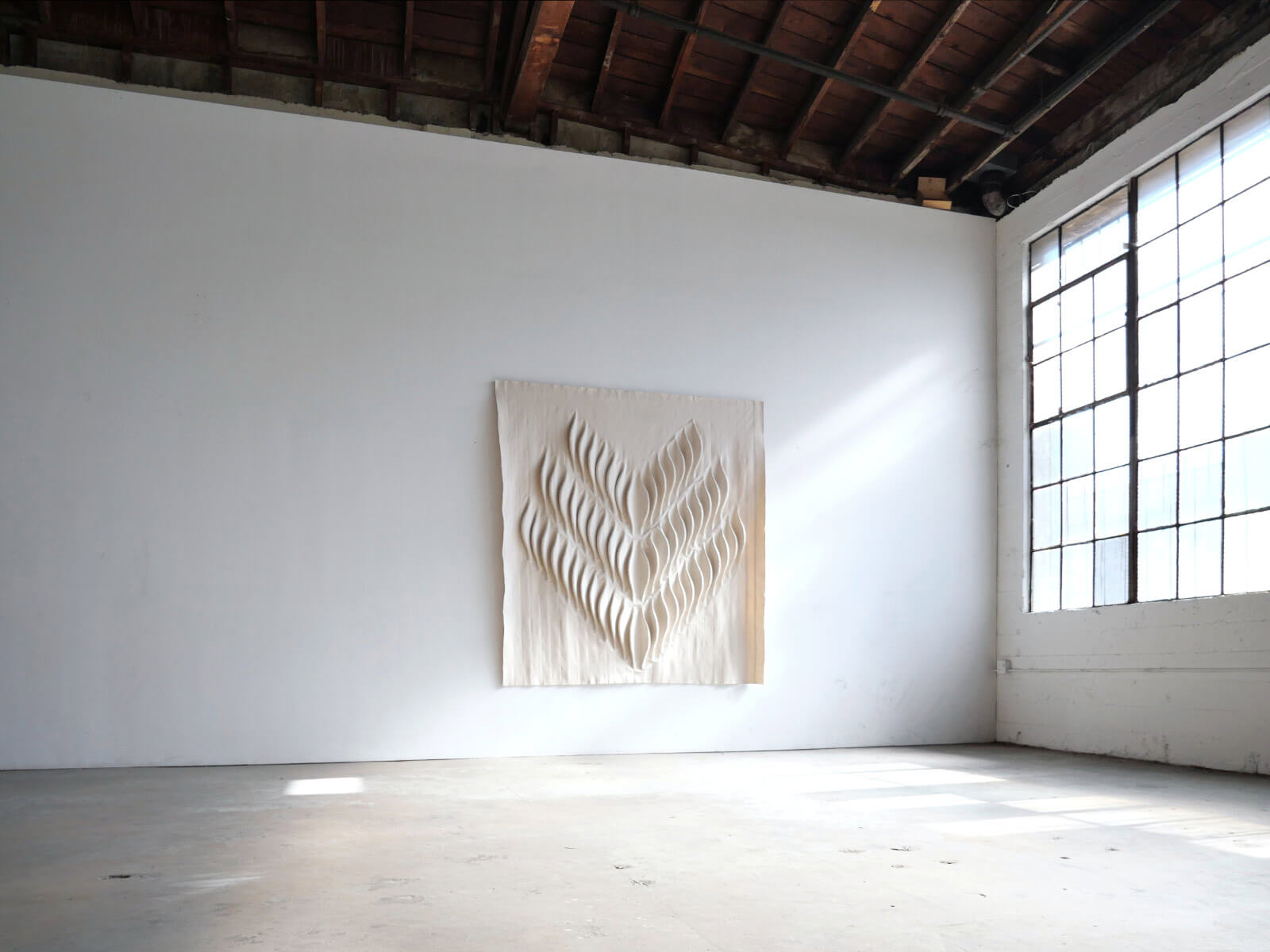
Mary Little, ‘Cloughey’, 2020
COURTESY: Mary Little
Mary Little: Like so many this year I’ve found myself living day after day indoors. Indoors for me is my studio and my home, all one. I’ve spent the majority of this time reflecting on the work I’ve made; then methodically exploring the work for a sense of surprise and a feeling of familiarity. This process became the foundation of my new body of work: UNEARTH.
There is a required focus for my process of repeated cutting and sewing. My methods have been therapeutic. I became so absorbed, I lost much of my sense of time. I fell into the illusion that I was the only person on earth and was doing this work for me, just for me. Even being digitally connected to the outside world, I still felt I was operating within my own realm – my own world.
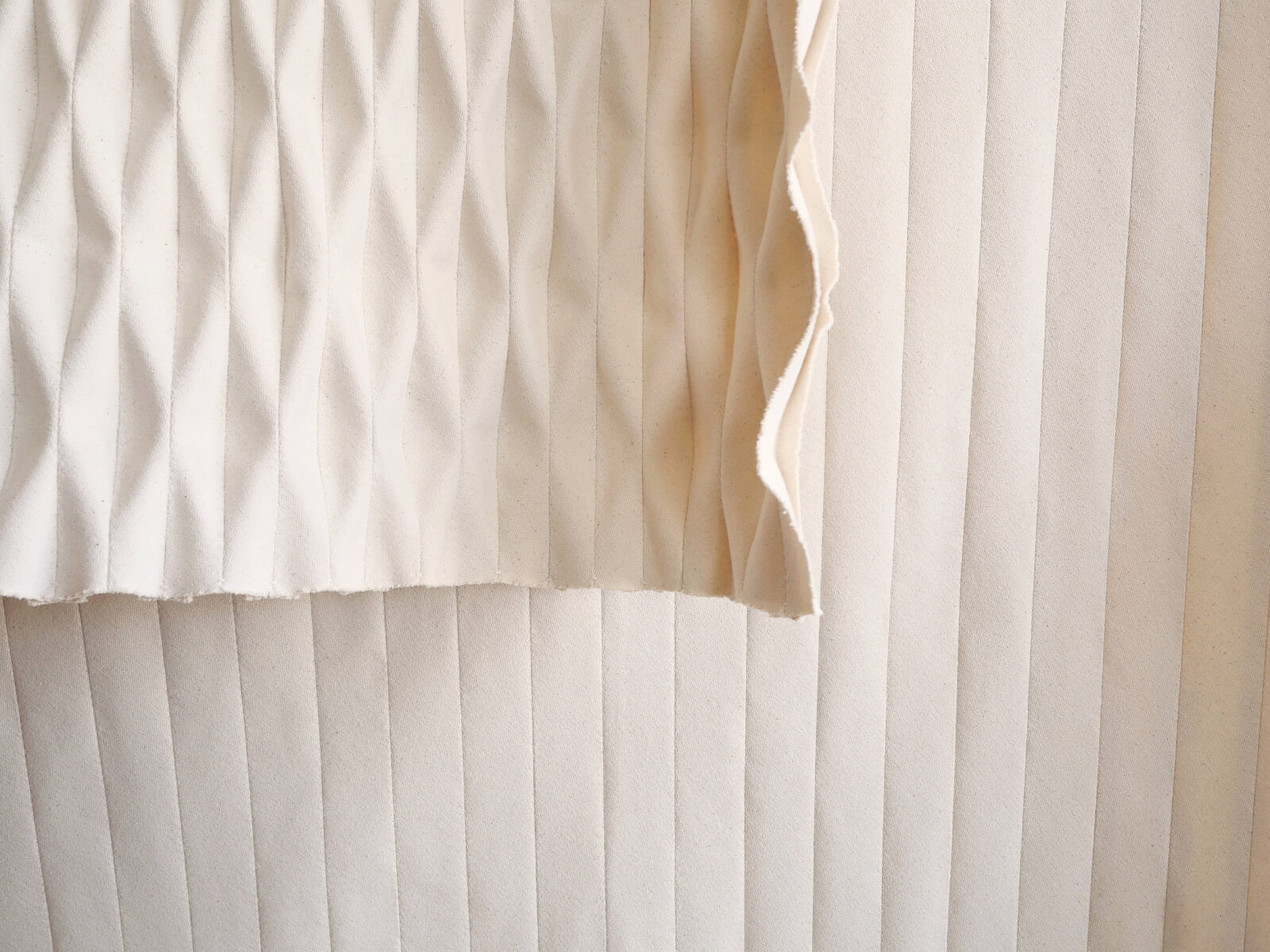
Mary Little, ‘Rosetta’, 2020 (detail)
COURTESY: Mary Little
The world of my live/work studio resides on the edge of downtown Los Angeles in a post-industrial neighbourhood that was beginning a transformation before the pandemic. It was becoming more alive than ever. Then early during this last twelve months, the neighbourhood took on a feeling of emptiness with tall weeds growing in the sidewalk and business shuttering. I was observing this abandonment, being deeply impacted by its melancholy.
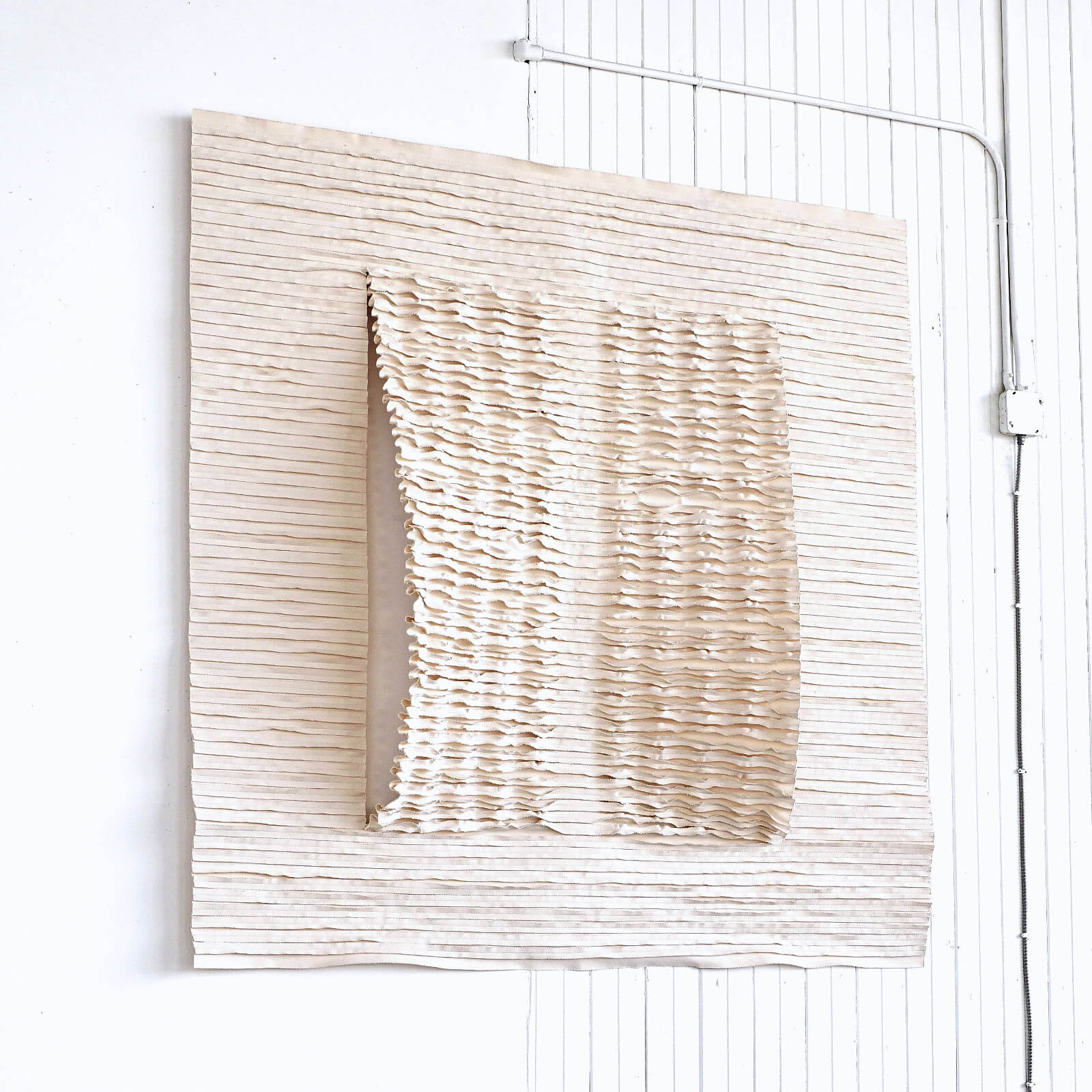
Mary Little, ‘MacAlister’, 2020
COURTESY: Mary Little
While my creative explorations evolved, I began to long for a way to re-engage again. It’s important for me that my work is seen by others, so I began to survey my industrial environment to find the right space for a new installation – an installation that reflects our time and my experience of it.
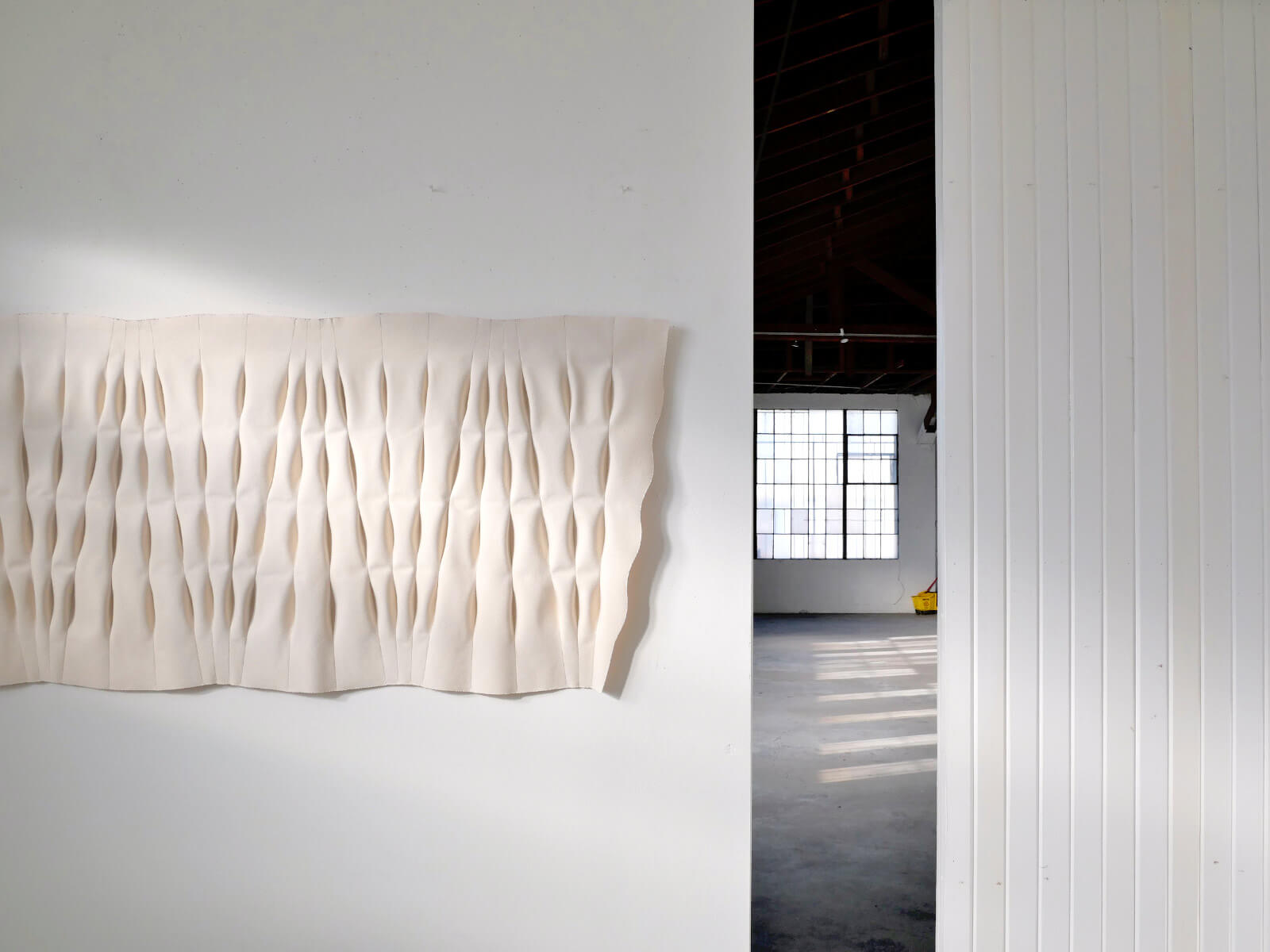
Installation view, ‘UNEARTH’ with Reagh’, 2020
COURTESY: Mary Little
Abandoned spaces have a special place in my heart. To me, they are full of potential. As a child in Northern Ireland, I saw farmland littered with derelict houses and outhouses. Farmers would move on; removing what they could use and leaving the rest – why put time into emptying a barn or dismantling a stone building when you can let the elements take care of it? I have a nostalgia for these structures.
With the help of friends, I found an empty building close to my studio, just east of the Los Angeles River. It’s an enormous space, originally the Southwest Lithograph Company and, subsequently, a warehouse, an art gallery, a piano store, and more. My first visit was in the last days of its iteration as vintage clothing storage. Even with the rooms packed high I sensed its potential. Intuitively I could feel where I would install certain works.
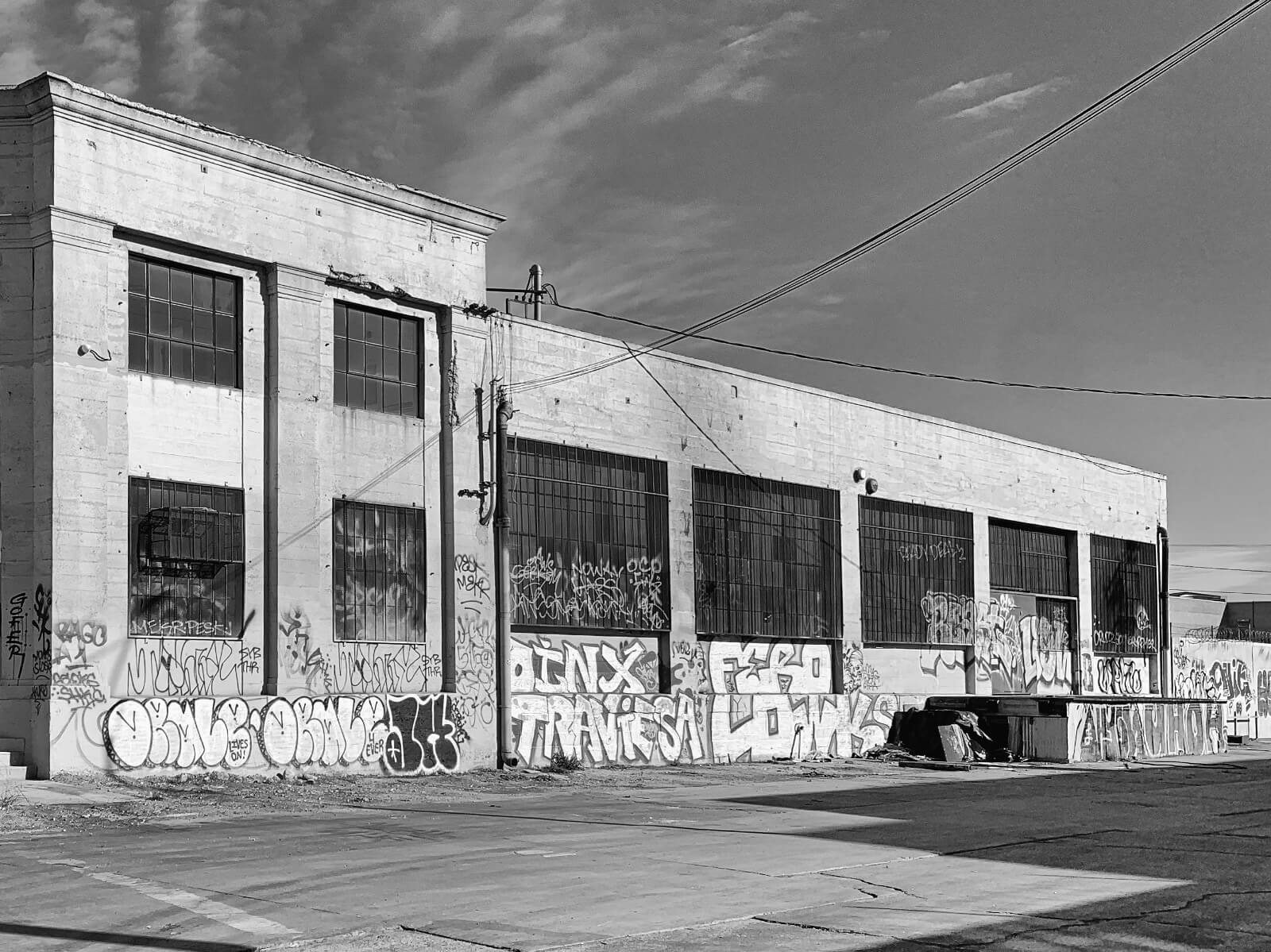
The former building of the Southwest Lithograph Company
COURTESY: Mary Little
The roof of the building was made from old-growth wood, the window frames are cast iron and like my work, it was constructed by hand, by skilled labour. For a fleeting second of its gracious life, I had the opportunity to make an installation in this building and in doing so, wanted to honour and bring forward the beauty of its structure and light-filled spaces.
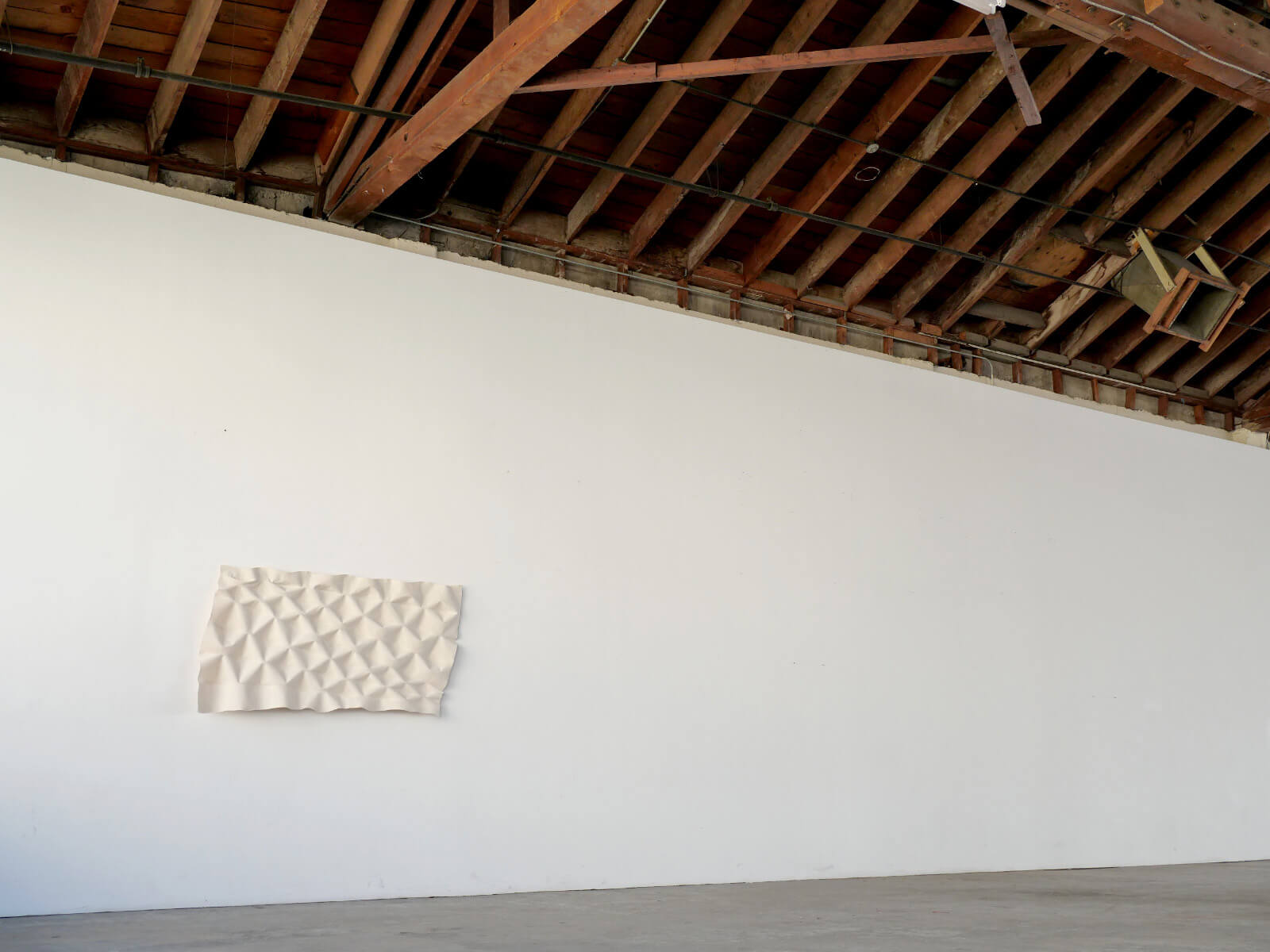
Mary Little, ‘Roisin’, 2020
COURTESY: Mary Little
I positioned each of the works so the gentle canvas undulations caught shadows from the windows’ soft light, infusing them with the spirit of the building. The richness of the wooden roof, the cool grey cast iron windows, the ephemeral shadow patterns on the floor, and the softened repeat of the canvas were all in balance.
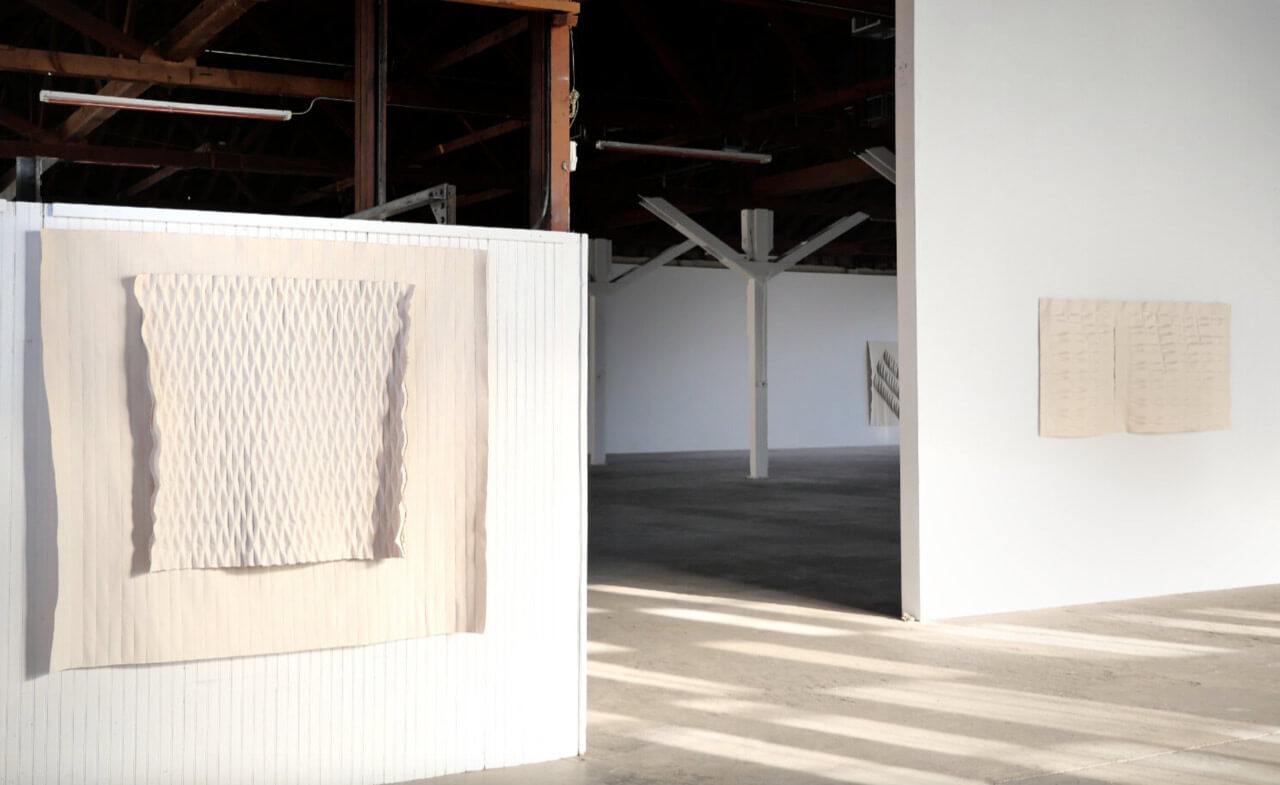
Installation view, ‘UNEARTH’ with ‘Rosetta’, 2020 (left)
COURTESY: Mary Little
I am always amazed that the work I make comes out of someone who is so pragmatic, so rational. There’s a difference between making a work in private and then preparing to show it publicly. A transformation happens. The work was transformed by being in that grand and inspiring space. It gained strength there while remaining intimate and meditative. I remember my great-uncle Hugh at the age of 88 digging holes in the earth by hand and filling them with manure then planting leeks. At this stage in his life he was blind, so did all this by feel. He had the confidence and experience to know that after planting, something magical would happen and that in good time, it would be unearthed and enjoyed.
‘UNEARTH’
COURTESY: Mary Little

